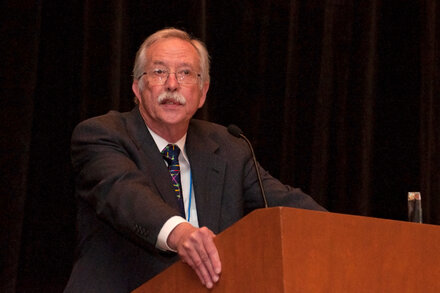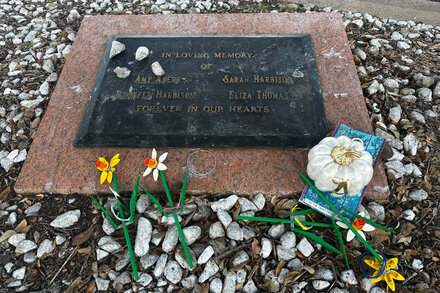
Edward T. Blake, a pioneering forensic expert whose rigorous application of scientific principles played a pivotal role in the rise of the innocence movement, has died at the age of 80. His work in the meticulous examination of evidence, particularly DNA, reshaped the landscape of criminal justice and led to the exoneration of numerous individuals wrongly convicted.
Blake’s career spanned decades, marked by an unwavering commitment to scientific accuracy in the courtroom. He was instrumental in establishing the validity and reliability of DNA evidence during its nascent stages, transforming it from a novel concept into a cornerstone of modern forensic analysis. His contributions often challenged conventional police work and long-held beliefs about guilt, advocating for evidence-based conclusions over circumstantial or flawed testimony.
A Champion of Justice Through Science
Before the widespread acceptance of DNA profiling, Blake was a vocal advocate for its potential to resolve criminal cases definitively. He meticulously developed and refined techniques for analyzing trace evidence, often testifying in high-profile cases where his findings either corroborated guilt or, more famously, cast significant doubt on existing convictions.
“Edward Blake brought an uncompromising scientific integrity to the legal system,” said a long-time colleague. “He didn’t just interpret data; he forced everyone, from prosecutors to defense attorneys, to understand the true weight and limitations of forensic evidence. His standards raised the bar for everyone.”
His work was particularly crucial in the late 20th and early 21st centuries when advancements in DNA technology allowed for the re-examination of decades-old cases. Blake became a key figure for organizations dedicated to identifying and overturning wrongful convictions, often volunteering his expertise to review complex forensic profiles.
“Without Blake’s relentless pursuit of truth through science, the innocence movement would not have gained the traction it did,” commented a prominent legal scholar familiar with his work. “He gave a voice to the science that could finally speak for the innocent.”
Blake’s legacy is evident in the current standards of forensic evidence presentation and the ongoing efforts to review potentially flawed convictions. His insistence on robust scientific validation for all forensic techniques continues to influence policy and practice in crime labs and courtrooms worldwide.
Source: Read the original article here.





